
Friday marks a decade since the death of world-renowned singer/songwriter Isaac Hayes, a Tipton County native, who will be celebrated in Covington next weekend.
Though he moved to Memphis early on, Hayes never forgot his roots. Here are some of the highlights of his life and how he remained integrated with Tipton County.

1. He lived across from Steven Chapel M.B. Church
Born in Covington on Aug. 20, 1942, the future Oscar-winner spent his early life in the Rialto Community, north of Covington. Hayes was the only son Isaac and Eula Hayes and, along with his sister Willette, was raised by his maternal grandparents, Willie and Rushia Addie-Mae Wade, after his mother died and his father abandoned the family.
Mr. and Mrs. Wade were sharecroppers and Isaac’s boyhood home was a tin shack located in a bean field across from Steven Chapel Missionary Baptist Church on Rialto Road.
He started singing at church at age 5.
“We all would get together in houses and sing together at night,” Cora Williams, a longtime family friend, told The Leader shortly after Hayes’s death in 2008. “He was just friendly and loved to sing and play. Isaac would always be in there and ready to sing.”
When he was 7, the family moved New Chicago, a community located in North Memphis. He once said the move to Memphis was the first time he saw a supermarket and enjoyed his first popsicle.
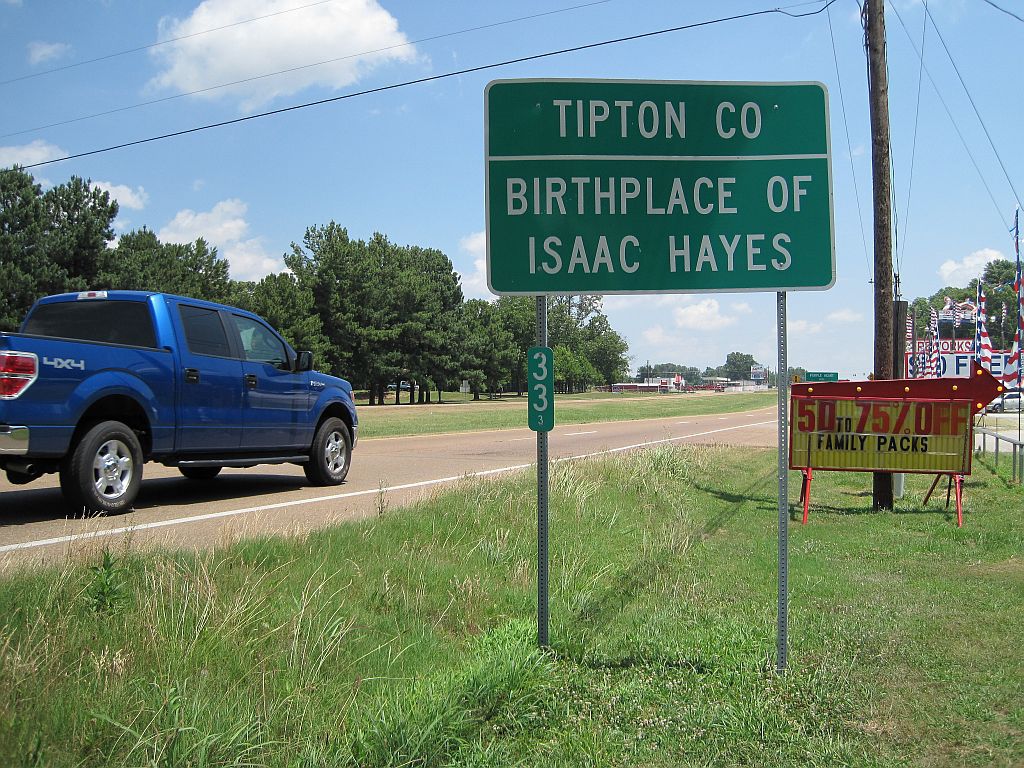
2. He dropped out of school for a short time, started an education initiative and later donated money to CIAA
In 1953, Willie Wade died after battling coronary heart disease for six months, leaving Hayes the family’s breadwinner.
He earned money picking cotton, running errands, performing lawn work, delivering groceries and wood for families as well as shining shoes on Beale Street and cleaning bricks for 2 cents each.
Though he was intelligent and a very good student, the shame of being poor led Hayes to drop out of school for a few weeks. A group of teachers intervened, telling his grandmother he had too much to offer. They left him with hand-me-downs and he returned, later saying the experience left him with an indelible mark on his life and strengthened his dedication to literacy and education.
He graduated from Manassas High School and later, when the state honored him with a marker, he placed it at his alma mater.
In 1999, he started the Isaac Hayes Foundation, an organization whose mission was to enable people around the world to become whole by promoting literacy, music education, nutritional education and innovative programs which raise self-esteem among the underprivileged.
“We have the knowledge, technology, research, resources and experience,” he said. “Let’s turn crime, illiteracy, unhealthy, unproductive lifestyles around from the ground up … One child, one community at a time. We can change the world!”
In keeping with that initiative, in October 2005 he and local businessman Jack Hall donated $2,600 to the Tipton County Education Foundation. He visited Covington Integrated Arts Academy to formally present the donation. It was his last public appearance in Tipton County.
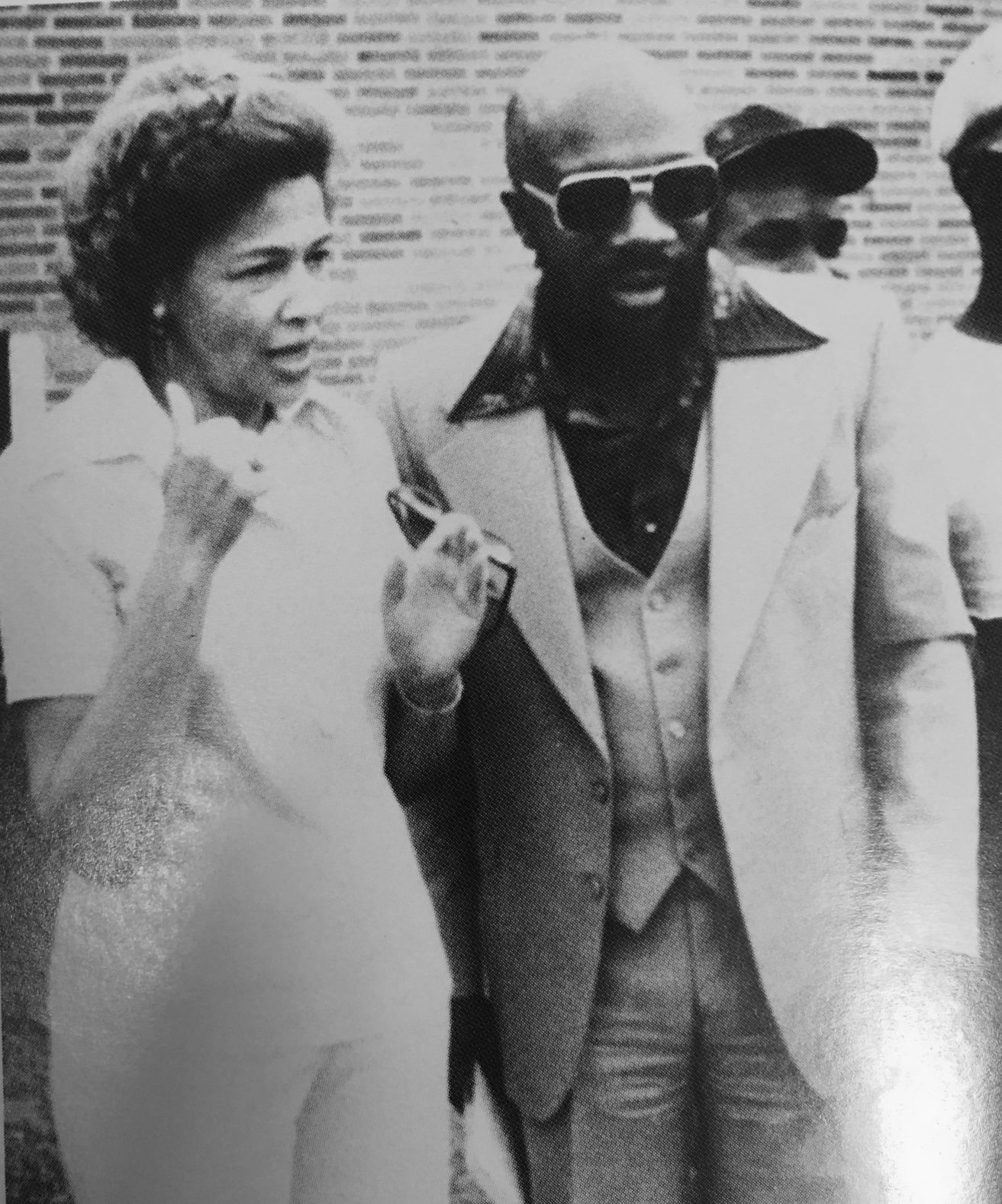
3. He wanted to become a doctor, but pursued his musical talents instead
Local historian Hattye Yarbrough met Hayes in 1976 when a parade in his honor was held in Covington. She said he originally intended to become a doctor, but followed a different path.
“He was blessed with talents and he used those talents the Lord gave him.”
Though he began singing at an early age, Hayes quit when he hit adolescence. He started again several years later and, after being persuaded to participate in the school’s talent show by a guidance counselor, he was an instant hit.
He learned to play the Hammond organ, flute, saxophone, trombone, keyboard and piano and sang in several bands, playing at Memphis area nightclubs.
After high school he was offered several music scholarships from colleges and universities, but he turned them down to work to provide for his family. He worked at a meat-packing plant by day and, at night, performed in Memphis and North Mississippi.
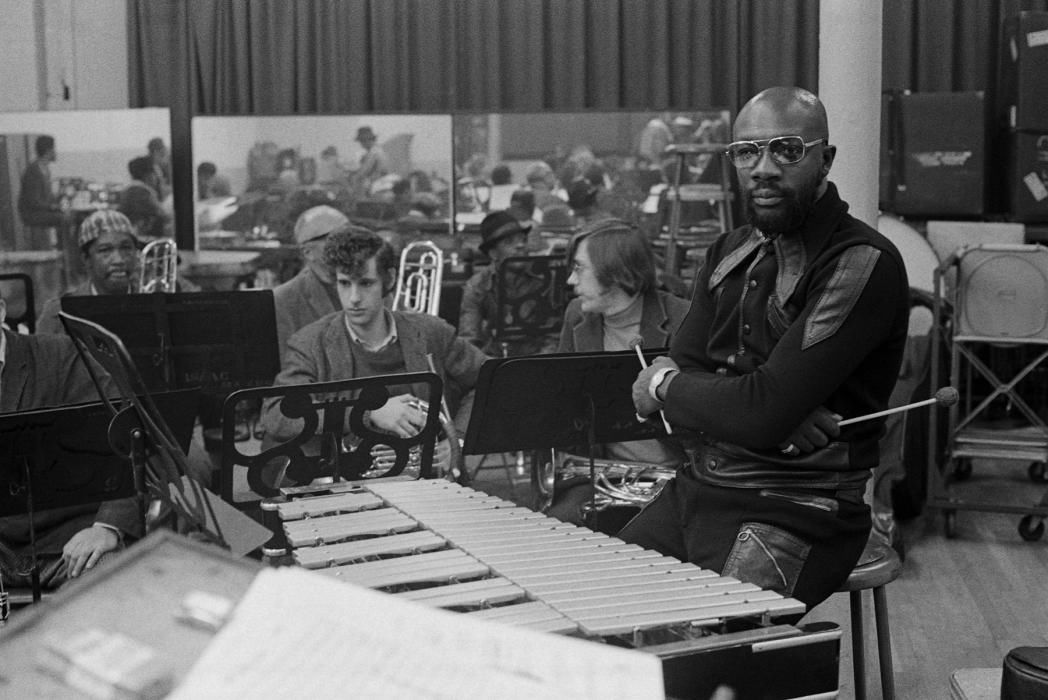
4. He co-wrote some of the most iconic soul classics, but was more than a songwriter
Hayes was one of the driving forces behind the Stax Records label, where he operated in a variety of aspects. It was there where he teamed up with Dave Porter to write “Soul Man,” performed by Sam & Dave, which has been recognized as one of the most influential songs of the last half-century by the Grammy Hall of Fame and one of the Recording Industry Association of America’s Songs of the Century.
He and Porter also co-wrote “Hold On, I’m Comin'” and many other soul hits.
Hayes also had a successful career as a recording artist, finding fame with albums Hot Buttered Soul (1969) and Black Moses (1971), and as an actor, appearing in television series like “The Rockford Files,” “The A-Team” and “South Park.”
He was also in the the movies “Truck Turner,” “I’m Going to Get You Sucka” and “Soul Men,” which was released three months after he died. Coincidentally, Bernie Mac, who co-starred in the film, died the day before Hayes.
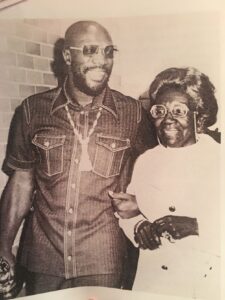
5. He thanked his grandmother and her prayers when he won an Academy Award in 1972
Tipton County’s most famous son, Hayes’s extensive resume also includes being an Academy Award-winning singer/songwriter for Best Original Song for the “Theme from Shaft” in 1972.
When he won the Academy Award, his grandmother accompanied him to the event and he thanked her personally.
“Years ago, her prayers kept my feet on the path of righteousness,” he said.
For “Shaft,” he also won the Golden Globe for Best Original Score and Grammys for Best Instrumental Arrangement and Best Original Score Written for a Motion Picture or a Television Special.
The following year, in 1973, Hayes won the Grammy for Best Pop Instrumental Performance By An Arranger, Composer, Orchestra and/or Choral Leader for “Black Moses” and in 1998 he and Porter won the BMI TV Music Award for “Soul Man.”
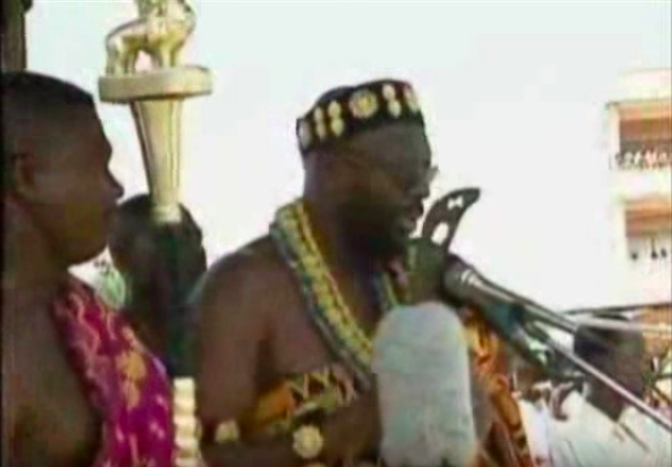
6. His humanitarian work led to his becoming a king in Ghana
In 1992, Hayes was made an honorary king of the Ada coastal district of Ghana in western Africa and a member of the royal family for his dedication to humanitarian efforts.
He was called Nene Katey Ocansey I and was appointed Chief for Development.
Hayes was best known there not for building a palace, but instead building an 8,000-square foot educational facility called NekoTech.
His work with the region began in 1991 when he and legendary singer Barry White visited Ghana to film a video for their song “Dark and Lovely (you over there)”. He returned the following year with Dionne Warwick to learn more about his roots and found love, marrying his fourth wife, Adjowa.
In 1993, he brought the non-profit World Literacy Crusade to Ghana and, with Steven Seagal, brought the Save A Million Lives HIV/AIDS Project as well.
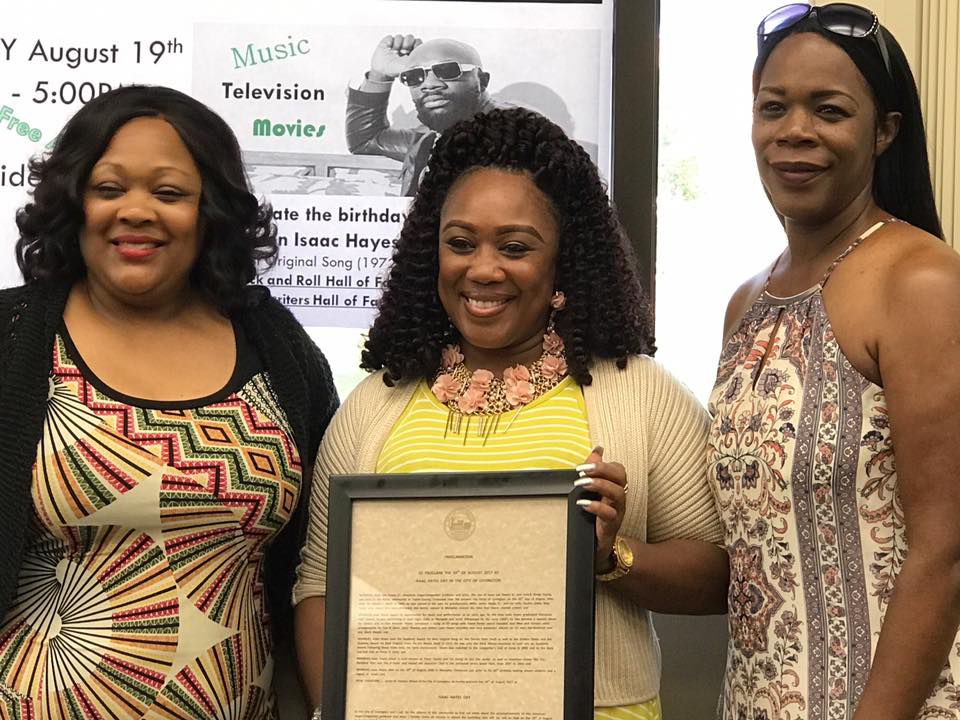
7. He will be celebrated next weekend
Hayes died in Memphis on Aug. 10, 2008, just 10 days before his 66th birthday, after an apparent stroke.
Last year, the first Isaac Hayes Day in the Park took place in his memory with the City of Covington issuing a proclamation for Hayes and Melanie, Nikki and Veronica – three of his 12 children – were in attendance for the festivities.
This year, the second annual event will take place.
On Friday, Aug. 17, An Evening with the Hayes Family will take place at the Covington Civic Center beginning at 7 p.m. The following day, Hayes’s legacy will be celebrated at Covington’s Frazier Park. The family-friendly event will begin at 1 p.m. and will feature live entertainment, food and other vendors.



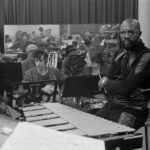


Leave a Reply